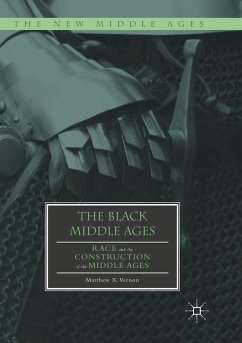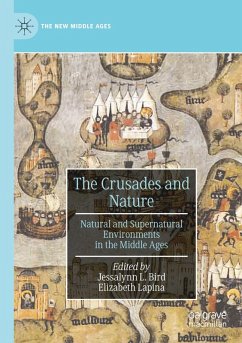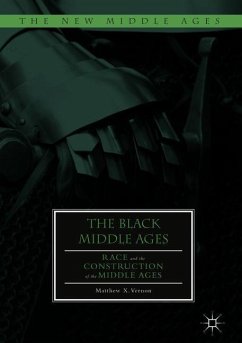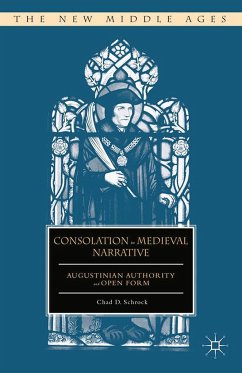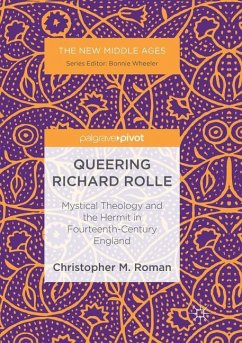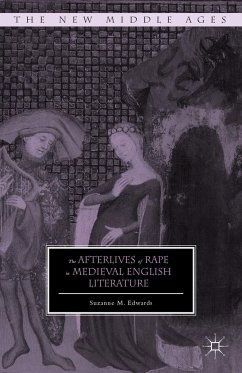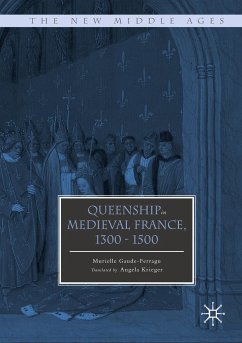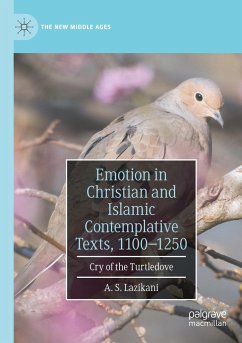
Representations of the Body in Middle English Biblical Drama
Versandkostenfrei!
Versandfertig in 6-10 Tagen
61,99 €
inkl. MwSt.
Weitere Ausgaben:

PAYBACK Punkte
31 °P sammeln!
Representations of the Body in Middle English Biblical Drama combines epistemological enquiry, gender theory and Foucauldian concepts to investigate the body as a useful site for studying power, knowledge and truth. Intertwining the conceptualizations of violence and the performativity of gender identity and roles, Estella Ciobanu argues that studying violence in drama affords insights into the cultural and social aspects of the later Middle Ages. The text investigates these biblical plays through the perspective of the devil and offers a unique lens that exposes medieval disquiets about Chris...
Representations of the Body in Middle English Biblical Drama combines epistemological enquiry, gender theory and Foucauldian concepts to investigate the body as a useful site for studying power, knowledge and truth. Intertwining the conceptualizations of violence and the performativity of gender identity and roles, Estella Ciobanu argues that studying violence in drama affords insights into the cultural and social aspects of the later Middle Ages. The text investigates these biblical plays through the perspective of the devil and offers a unique lens that exposes medieval disquiets about Christian teachings and the discourse of power. Through detailed primary source analysis and multidisciplinary scholarship, Ciobanu constructs a text that interrogates the significance of performance far beyond the stage.






